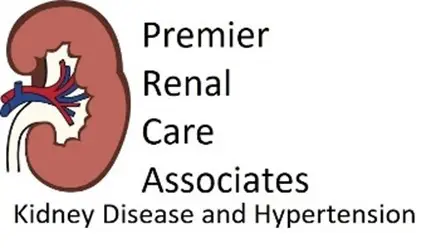KIDNEY CARE OPTIONS
For more information about hemodialysis or other available treatment options, call (330) 331-4466 to schedule an appointment today.
KIDNEY CARE OPTIONS
For more information about hemodialysis or other available treatment options, call (330) 331-4466 to schedule an appointment today.
ARE OFFERED BY U.S. RENAL CARE.
Hemodialysis
About Hemodialysis
How Hemodialysis Works
How Often is Hemodialysis Needed?
HOME HEMODIALYSIS
PERITONEAL DIALYSIS
About Peritoneal Dialysis
There are two types of peritoneal dialysis:
KIDNEY TRANSPLANTS
To learn more about the kidney transplant procedure and to determine if you are a candidate, call 330-331-4466 schedule an appointment.
We’re Always Ready To Help
For questions or concerns, get in touch with us today.
Our reliable kidney doctors will give you the
answers you need.
